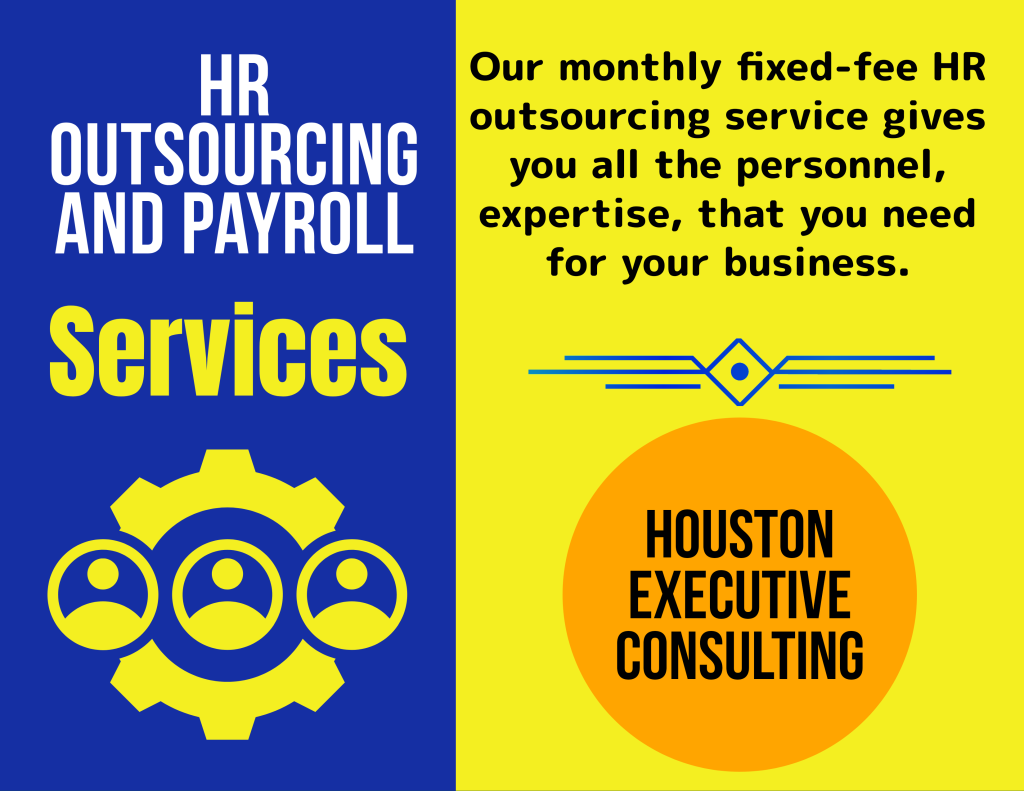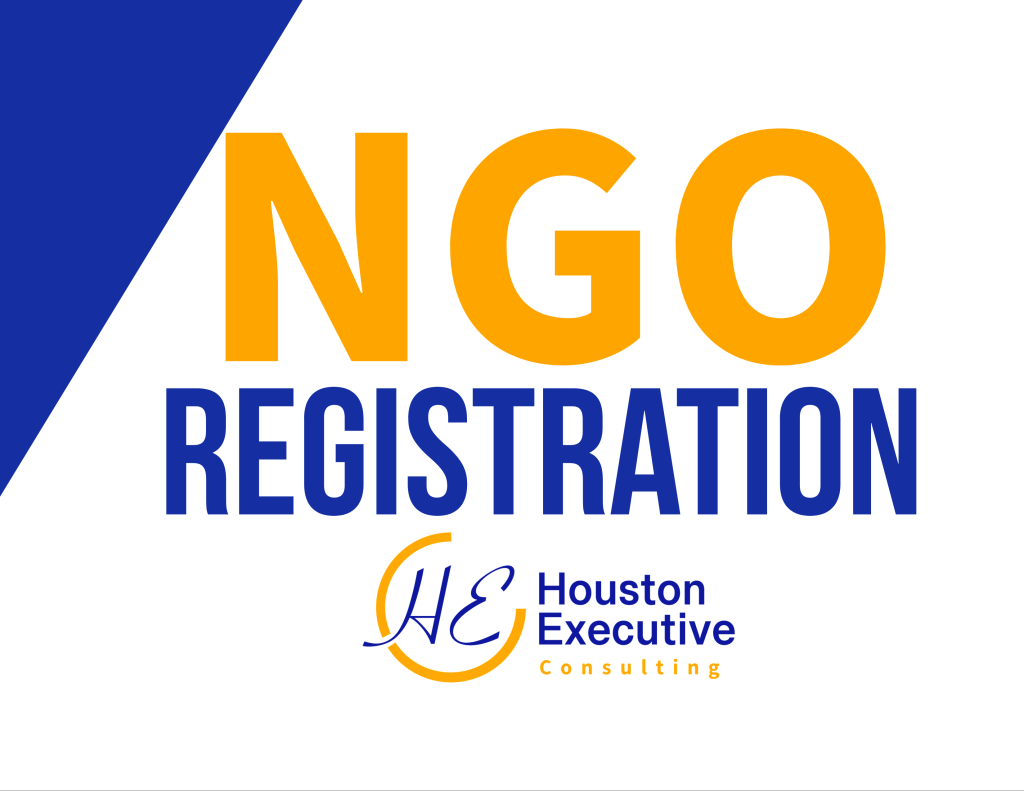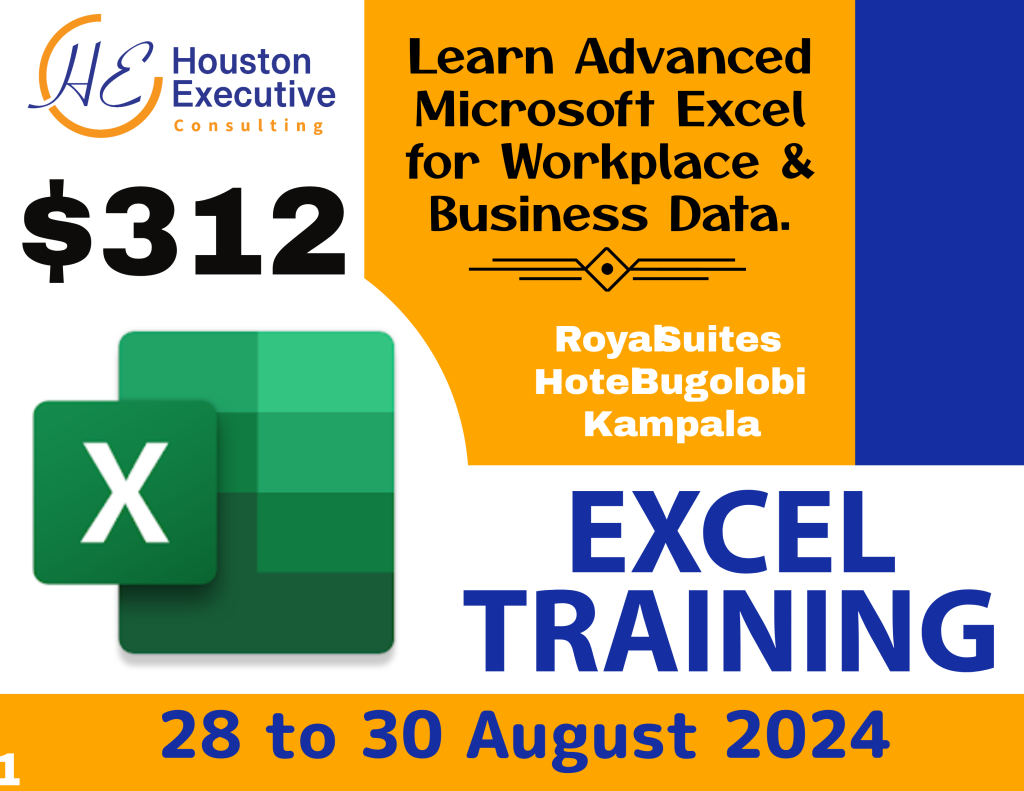5 Key Reasons Why You Should Conduct Candidate Reference Checks (Expert Hiring Guide)
The Strategic Imperative of Candidate Reference Checks: Five Core Reasons
In today’s competitive job market, hiring the right talent is more critical than ever. While resumes and interviews provide valuable insights, they often don’t fully depict a candidate’s capabilities and work ethic. This is where candidate reference checks come into play.
Reference checks are vital tools in the recruitment process. They offer a deeper understanding of a candidate’s past performance, behaviour, and potential fit within your organization.
This guide explores the importance of reference checks, when to conduct them, and best practices to ensure informed hiring decisions.
What is a Candidate Reference Check?
A candidate reference check is when employers contact a job applicant’s previous employers, supervisors, or other professional contacts to verify information and gain insights into the candidate’s work history, skills, and behavior.
This step is crucial in validating the information provided by the candidate and assessing their suitability for the role.
They offer a comprehensive view into a candidate’s past performance, reliability, and cultural adaptability. Here’s an in-depth exploration of the five fundamental reasons why integrating reference checks into your hiring process is beneficial and essential.
The following are the five key reasons to Conduct Candidate Reference Checks.
- Authenticate Candidate Credentials and Employment History
In an era where resume embellishments are increasingly common, verifying the authenticity of a candidate’s professional background is crucial. Reference checks serve to:
- Confirm Employment Details: Validate job titles, durations, and responsibilities to ensure consistency with the candidate’s claims.
- Assess Role Relevance: Understand the context of previous roles to gauge the applicability of experience to the current position.
- Identify Discrepancies: Detect any inconsistencies or exaggerations that may indicate a lack of transparency.
By corroborating these details, organizations mitigate the risk of onboarding individuals whose qualifications may not align with their representations.
- Evaluate Past Performance and Professional Competence
Understanding a candidate’s historical job performance provides predictive insights into their future contributions. Through reference checks, employers can:
- Gauge Work Ethic and Reliability: Learn about the candidate’s punctuality, dedication, and consistency in meeting job expectations.
- Assess Skill Proficiency: Obtain evaluations of the candidate’s technical and soft skills from those who have directly observed their work.
- Understand Achievement Levels: Discover how the candidate met or exceeded performance targets and contributed to organizational goals.
These insights enable a more nuanced assessment beyond what interviews and assessments can reveal.
- Determine Cultural and Organizational Fit
A candidate’s ability to integrate into the company‘s culture is as vital as their technical skills. Reference checks help in:
- Assessing Interpersonal Dynamics: Understanding how the candidate collaborates with teams, handles conflicts, and communicates professionally.
- Evaluating Adaptability: Learning about the candidate’s flexibility in adapting to organizational changes and diverse work environments.
- Aligning Values: Ensuring the candidate’s professional values resonate with the company’s mission and ethos.
This alignment is crucial for fostering a cohesive and productive work environment.
- Mitigate Potential Hiring Risks
Hiring decisions carry inherent risks, including the potential for workplace disruptions or reputational damage. Reference checks act as a safeguard by:
- Identifying Red Flags: Uncovering past issues such as misconduct, frequent job changes, or performance problems.
- Validating Behavioral Consistency: Ensuring the candidate’s behavior aligns with organizational standards and expectations.
- Reducing Turnover: Selecting candidates with proven stability and reliability decreases the likelihood of early attrition.
Proactively addressing these aspects reduces the costs and challenges of poor hiring decisions.
- Uphold Compliance and Demonstrate Due Diligence
In many highly regulated industries, conducting thorough reference checks is not just best practice—it’s a compliance requirement. This process:
- Ensures Regulatory Adherence: Meets industry-specific legal obligations related to employment verification and background screening.
- Demonstrates Organizational Responsibility: Committed to ethical hiring practices and due diligence.
- Protects Stakeholder Interests: Safeguards the organization’s reputation and operational integrity by hiring only qualified individuals.
Strategic Timing for Conducting Candidate Reference Checks: A Global Best Practice Guide
In international talent acquisition, the timing of candidate reference checks is pivotal to ensuring both efficiency and compliance.
Executed at the appropriate juncture, reference checks can significantly enhance the quality of hires, safeguard organizational reputation, and uphold legal standards across jurisdictions.
Optimal Timing: Post-Interview, Pre-Offer
Best Practice: Initiate reference checks after completing the interview process and identifying a shortlist of top candidates before extending a formal job offer.
Rationale:
- Resource Efficiency: Focusing on finalists conserves organizational resources by limiting the scope of reference checks to serious contenders.
- Enhanced Decision-Making: Insights from references can corroborate interview assessments, providing a more holistic view of a candidate’s capabilities and fit.
- Legal Compliance: Certain jurisdictions mandate obtaining explicit consent before contacting references, especially when involving current employers. Appropriate timing checks ensure adherence to such regulations.
- Candidate Experience: Delaying reference checks until the final stages respects candidates’ confidentiality and minimizes potential disruptions to their current employment.
Global Best Practices for Conducting Candidate Reference Checks
We have an interconnected workforce, and making informed hiring decisions is paramount. Reference checks are crucial in verifying a candidate’s background, performance, and suitability for a role.
Implementing best practices ensures consistency, compliance, and effectiveness in the hiring process.
- Securing Candidate Consent
Obtaining explicit consent from the candidate is essential before initiating any reference checks. This practice respects the individual’s privacy and aligns with international data protection regulations, such as the General Data Protection Regulation (GDPR) in the European Union and similar laws in other jurisdictions.
Communicate the purpose of the reference check, the types of information sought, and how the information will be used and stored. Documenting this consent safeguards both the organization and the candidate’s rights.
- Crafting Structured and Role-Specific Questions
Developing a standardized set of questions tailored to the specific role ensures consistency and relevance in the information gathered.
Focus on competencies and behaviors pertinent to the position, such as leadership, teamwork, problem-solving, and adaptability.
For instance, inquire about situations where the candidate demonstrated these skills, the outcomes achieved, and areas for improvement. This structured approach facilitates objective comparisons between candidates and supports fair hiring decisions.
- Engaging with Relevant References
Selecting the appropriate individuals to provide references is critical. Prioritize contacts who have directly supervised or closely collaborated with the candidate, as they can offer firsthand insights into the candidate’s work ethic, performance, and interpersonal skills.
Include a diverse range of references to gain a comprehensive understanding of the candidate’s capabilities across different contexts and teams, if possible.
- Documenting Reference Check Conversations
Maintaining detailed records of reference check conversations is crucial for maintaining transparency and ensuring future reference. Document the date, time, and method of communication, along with the reference’s name, position, and relationship to the candidate.
Summarize the key points discussed, noting specific examples provided and any concerns raised. This documentation supports the hiring decision-making process and ensures accountability.
- Upholding Confidentiality and Data Protection
Information obtained during reference checks must be handled with the utmost confidentiality. Limit access to this information to individuals directly involved in the hiring process.
Store records securely, adhering to applicable data protection laws and organizational policies. When sharing insights from reference checks with hiring teams, present the information in a way that maintains the anonymity of the references, unless explicit permission has been granted.
Legal and Ethical Considerations
When conducting reference checks, it’s essential to be aware of legal and ethical guidelines:
- Non-Discrimination: Avoid questions that could lead to discriminatory practices based on race, gender, age, religion, or other protected characteristics.
- Data Protection: Comply with data protection laws by handling personal information responsibly and securely.
- Honesty and Fairness: Use the information to make fair and unbiased hiring decisions.
Industry-Specific Reference Check Considerations
Different sectors present unique challenges and requirements, necessitating tailored approaches to reference verification. Below is an expert guide to best practices for conducting reference checks across key industries:
Healthcare: Ensuring Patient Safety and Regulatory Compliance
The healthcare sector demands the highest standards of integrity, competence, and adherence to ethical practices. Reference checks in this industry should focus on:
- Clinical Competence: Verify the candidate’s proficiency in medical procedures and patient care.
- Adherence to Protocols: Assess their compliance with healthcare regulations and institutional policies.
- Interpersonal Skills: Evaluate their ability to communicate effectively with patients and colleagues.
- Crisis Management: Determine their performance under high-pressure situations.
Given the sensitivity of patient data, ensure that reference checks comply with data protection laws such as HIPAA in the U.S. or GDPR in the EU.
Finance: Upholding Trust and Financial Integrity
In the finance industry, employees often handle sensitive financial information and transactions. Reference checks should aim to:
- Verify Financial Acumen: Confirm the candidate’s experience with financial instruments and compliance with financial regulations.
- Assess Ethical Standards: Evaluate their history regarding conflicts of interest and adherence to ethical guidelines.
- Examine Risk Management Skills: Determine their ability to identify and mitigate financial risks.
Compliance with financial regulations, such as the Sarbanes-Oxley Act or Basel III, is crucial during the reference checking process.
Education: Safeguarding Learning Environments
Educators play a pivotal role in shaping future generations. Reference checks in the education sector should focus on:
- Teaching Effectiveness: Assess the candidate’s instructional skills and adaptability to different learning styles.
- Classroom Management: Evaluate their ability to maintain a conducive learning environment.
- Student Engagement: Determine their proficiency in engaging and motivating students.
- Cultural Competence: Ensure they can work effectively in diverse educational settings.
Verifying credentials and certifications, as well as being aware of any past disciplinary actions, is also essential.
Technology: Validating Technical Expertise and Innovation
The technology sector thrives on innovation and rapid development. Reference checks should aim to:
- Confirm Technical Skills: Validate the candidate’s proficiency in relevant programming languages, tools, and technologies.
- Assess Problem-Solving Abilities: Evaluate their approach to troubleshooting and developing innovative solutions.
- Evaluate Team Collaboration: Determine their effectiveness in collaborative environments and cross-functional teams.
- Adaptability to Change: Assess their ability to keep up with technological advancements and shifting project requirements.
Navigating Common Reference Check Challenges: Expert Solutions for Global HR Professionals
- Unresponsive References
Challenge: In today’s fast-paced professional environment, securing timely responses from references can be challenging, especially when dealing with international contacts across different time zones.
Solutions:
- Multi-Channel Outreach: To increase the likelihood of engagement, utilize communication methods, such as emails, phone calls, and professional networking platforms like LinkedIn.
- Time Zone Consideration: When dealing with international references, schedule outreach during their local business hours to enhance response rates.
- Candidate Assistance: Encourage candidates to inform their references about the impending contact, which can prompt quicker responses.
- Professional Reference Services: Consider employing third-party reference checking services specializing in international verifications, ensuring compliance with local regulations and cultural nuances.
- Limited Information Due to Company Policies
Challenge: Some organizations have strict policies that limit the information their employees can share during reference checks, often restricting feedback to basic employment verification.
Solutions:
- Structured Questionnaires: Design questionnaires that focus on verifiable facts, such as employment dates, job titles, and responsibilities, which are typically permissible to disclose.
- Alternative References: If direct supervisors are constrained by policy, request references from colleagues or other professional contacts who can provide more detailed insights.
- Confidentiality Assurance: Communicate the confidentiality of the information provided to alleviate concerns and encourage more open communication.
- Biased Feedback
Challenge: References may provide feedback influenced by personal biases, which can skew the assessment of a candidate’s suitability.
Solutions:
- Multiple References: Gather feedback from various sources to obtain a balanced perspective on the candidate’s performance and behavior.
- Behavioral-Based Questions: Ask specific, situational questions that require concrete examples, reducing the likelihood of subjective opinions dominating the feedback.
- Cross-Verification: Compare the information obtained from references with interview assessments and other evaluation tools to identify consistencies or discrepancies.
Integrating Reference Checks into a Global Hiring Framework
To seamlessly incorporate reference checks into your international recruitment process, consider the following best practices:
- Establish Clear Policies and Procedures
- Standardization: Develop a consistent reference check protocol that aligns with your organization’s values and complies with international employment laws.
- Documentation: Maintain detailed reference check procedures and outcomes records to ensure transparency and accountability.
- Train Hiring Managers and HR Personnel
- Cultural Sensitivity: Educate your team on cultural differences that may impact reference check interactions, ensuring respectful and effective communication.
- Legal Compliance: Provide training on reference checking in various jurisdictions to prevent potential liabilities.
- Leverage Technology
- Automated Systems: Implement digital tools, such as automated questionnaires and secure data storage solutions, that streamline the reference checking process.
- Integration with ATS: Ensure your reference check tools are compatible with your Applicant Tracking System (ATS) for efficient workflow management.
- Evaluate and Refine the Process
- Feedback Mechanisms: Solicit input from hiring managers and candidates to identify areas for improvement in the reference checking process.
- Performance Metrics: Track key performance indicators, such as time-to-hire and quality-of-hire, to assess the effectiveness of your reference checks.
Frequently Asked Questions (FAQs) on Candidate Reference Checks
Question 1: How many references should be checked during the hiring process?
Answer: It is standard practice to contact at least two to three professional references for each candidate. This approach offers a comprehensive view of the candidate’s work history, performance, and interpersonal skills. For senior or executive positions or roles requiring specialized expertise, reaching out to additional references may be beneficial to gain deeper insights.
Question 2: Is contacting references not listed by the candidate permissible?
Answer: While legally possible in some jurisdictions, it is considered best practice to obtain the candidate’s explicit consent before reaching out to any references not provided by them. This approach respects the candidate’s privacy and maintains trust in the recruitment process. When considering this action, ensure compliance with local employment laws and organizational policies.
Question 3: How should negative feedback from a reference be handled?
Answer: Negative feedback should be approached with objectivity and professionalism. Evaluate the context and relevance of the information provided. It is advisable to discuss the concerns with the candidate, allowing them an opportunity to address or clarify the issues raised. Additionally, consulting multiple references can help determine if the negative feedback is an isolated incident or part of a broader pattern.
Question 4: Are reference checks necessary for all positions within an organization?
Answer: While not mandatory for every role, conducting reference checks is highly recommended, especially for positions involving significant responsibility, access to sensitive information, or leadership duties. Reference checks are a valuable tool for verifying a candidate’s qualifications and assessing their suitability for the role, thereby mitigating potential hiring risks.
Question 5: What steps should be taken if discrepancies arise between a candidate’s claims and reference feedback?
Answer: If there are discrepancies, initiate a transparent conversation with the candidate to discuss the inconsistencies. Please provide specific details and allow them to explain or clarify the differences. It’s essential to consider the possibility of misunderstandings or differing perspectives and evaluate the information holistically before making a hiring decision.
Question 6: Is it acceptable to conduct reference checks via email?
Answer: While email can be used for reference checks, direct communication methods such as phone or video calls are often more effective. These methods allow for a more nuanced understanding of the reference’s tone and provide opportunities for immediate follow-up questions, leading to more comprehensive insights into the candidate’s qualifications and work history.
Question 7: What types of questions should be avoided during reference checks?
Answer: Avoid inquiries that pertain to personal characteristics protected by anti-discrimination laws, such as age, race, gender, marital status, religion, or disability. Focus questions on job-related competencies, performance, and behaviors to ensure compliance with legal standards and to maintain a fair and unbiased hiring process.
Question 8: What is the typical duration of a reference check conversation?
Answer: A standard reference check interview lasts 15 to 30 minutes. The duration may vary depending on the depth of information sought and the availability of the reference. Preparing a structured set of questions in advance can help ensure the conversation remains focused and efficient.
Question 9: Should documentation of reference check conversations be maintained?
Answer: It is crucial to document all reference check interactions meticulously. Detailed records provide a transparent trail of the hiring process, support decision-making, and can be valuable in addressing future disputes or compliance audits. Ensure that all documentation is stored securely and by data protection regulations.
Question 10: How should a situation be handled if a candidate refuses to provide references?
Answer: If a candidate declines to furnish references, engage in a candid discussion to understand their reasons. While some candidates may have valid concerns, such as confidentiality agreements or strained past employment relationships, a refusal may indicate potential red flags. Assess the situation carefully, considering the role’s requirements and the importance of reference checks in your hiring process.
Conclusion
In the dynamic landscape of global talent acquisition, where resumes and interviews provide only a snapshot of a candidate’s potential, candidate reference checks emerge as a pivotal tool. Conducting thorough candidate reference checks is critical to a robust hiring process. By verifying information, assessing past performance, and evaluating cultural fit, employers can make more informed decisions, reduce hiring risks, and build stronger teams.
Incorporating comprehensive reference checks into the recruitment process is a strategic move transcending formality. It equips organizations with critical insights, enhances hiring accuracy, and fosters a resilient workforce aligned with the company’s values and objectives. As the global employment landscape continues to evolve, meticulous and informed hiring practices, including diligent reference checking, become increasingly paramount.
Implementing structured and compliant reference check practices enhances the quality of hires and demonstrates a commitment to due diligence and fairness in the recruitment process.












